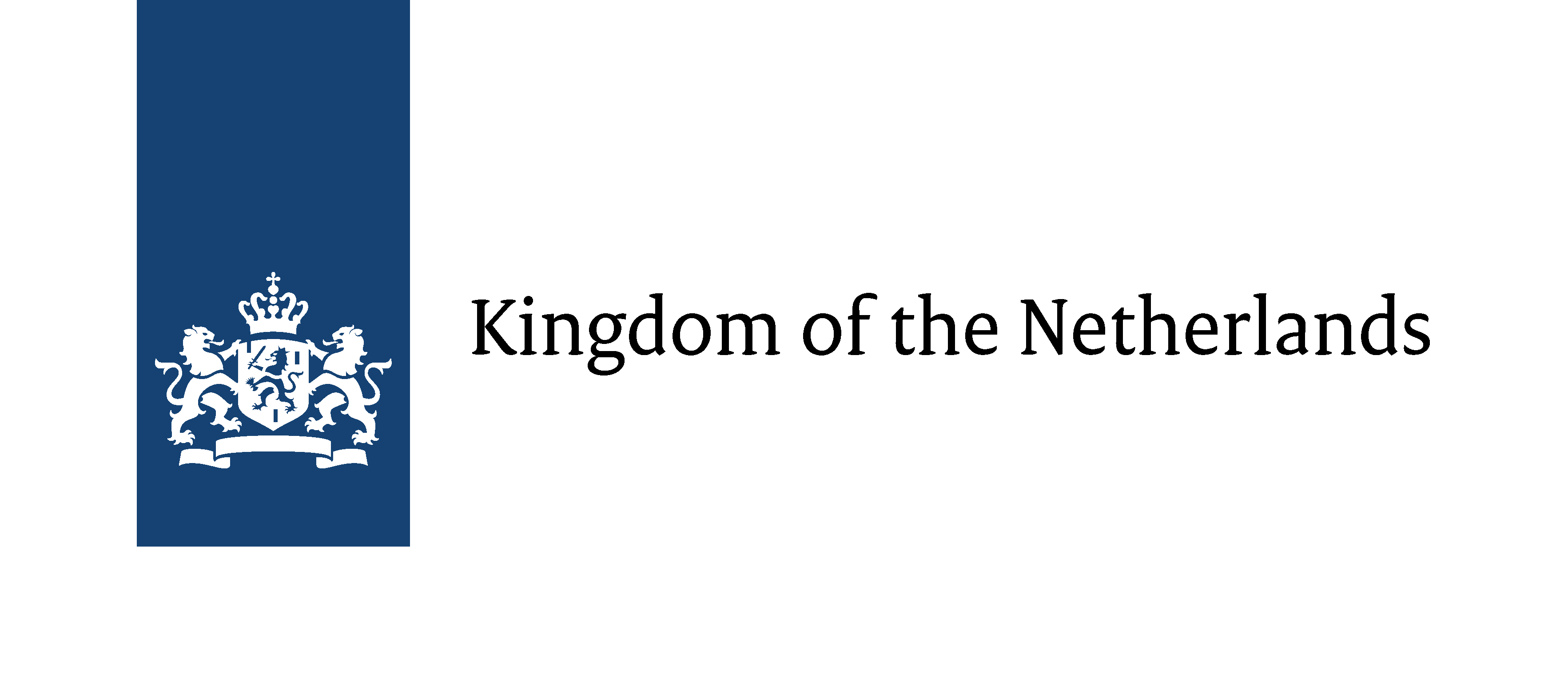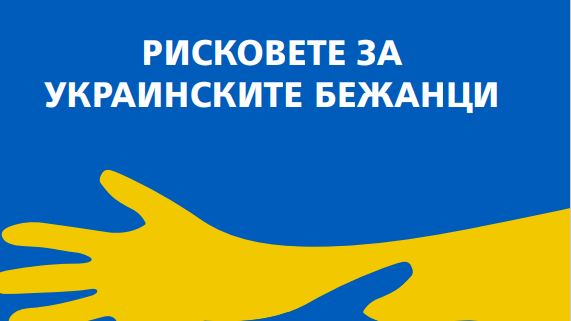Within the project "The Ukrainian Refugees Crisis: Prevention of THB", funded by the Embassy of the Kingdom of the Netherlands in Bulgaria, Dignita Foundation prepared an analysis of the risks of human trafficking for Ukrainian refugees in Europe.
The analysis provides a preliminary assessment of the vulnerability of Ukrainian refugees to human trafficking with a special focus on the situation of those refugees registered in Bulgaria.
The aim is to increase the capacity of national institutions and NGOs supporting refugees from Ukraine to recognise the risk of trafficking, identify potential cases of exploitation, refer suspected victims on how to get support and report to investigative authorities. There is also a need to sensitise the general public to recognise potential signs of exploitation, which will help improve the reporting of cases and overcome obstacles such as language barriers, lack of knowledge and trust in local institutions that Ukrainian refugees face in ensuring their human rights.
The methodology of the analysis relied on a three-stage approach designed to collect qualitative data: desk research, focus groups with representatives of police and state authorities in Bulgaria, semi-structured interviews with volunteers, social workers, local and national experts.
The analysis provides general systematic information on the situation of human trafficking in Ukraine before the war, examines the current Ukrainian refugee crisis in Europe and in Bulgaria in particular, focuses on the risks of human trafficking for the refugees and the most vulnerable groups among them, and provides recommendations with the aim to improve human trafficking prevention, identification of victims of trafficking and their protection in Bulgaria.
Key findings of the report:
- Due to its geographical location, slower economic development, lower standard of living compared to EU Member States, and the presence of sophisticated organised criminal networks, Ukraine has historically been a major country of origin for victims of trafficking. The Russian invasion of Ukraine has exacerbated the human trafficking situation by triggering mass forced migration and putting vulnerable populations at risk of exploitation and violence. Seven months after the start of the war in Ukraine, the risks and dangers associated with human trafficking have received increased attention from intergovernmental, international and national organisations.
Nonetheless, evidence of recruitment strategies, control mechanisms and victim exploitation, as well as the profile of perpetrators, is still fragmented. Police raids and investigations, as well as NGO reports and statements by volunteers and experts, paint an initial picture. While law enforcement presence and NGO awareness-raising efforts have to some extent neutralized the initial threats to border security, evidence suggests that the risks associated with illegal transportation, accommodation, and profit-seeking by Ukrainian refugees have not been eliminated. At the same time, traffickers are taking advantage of the massive use of social media by refugees in their attempts to cope with the challenges in their host societies to recruit victims. - While there have been some improvements in host societies in terms of arrival and registration for temporary protection, the end of state-funded programmes and the depletion of financial resources for the first wave of refugees is likely to act as an impetus for risky livelihood strategies, particularly for those who lack recognised qualifications and are responsible for supporting three generations. Organised crime as well as individual criminals are likely to exploit these vulnerabilities and experts warn that Ukrainian women could become targets for trafficking for sexual exploitation along the Black Sea coast. At the same time, volunteers in Bulgaria and other host countries recognize labour exploitation schemes and abuses of labour regulations. Women and girls at risk of poverty in Ukraine, unaccompanied minors, those with nationalities other than Ukrainian, those without access to temporary protection schemes, people with disabilities, and members of marginalised groups such as LGBTI and Roma have cumulative vulnerabilities that place them at higher risk of trafficking and exploitation.
- The reluctance of Ukrainian refugees to report violence and exploitation due to distrust in public institutions or fear of discrimination creates challenges for early recognition of signs of trafficking. This, combined with refugees' lack of local language skills in host societies, increases their vulnerability to trafficking and exploitation and limits their ability to seek help and protection from violence.
In light of these findings, the analysis makes recommendations aiming at improving prevention from trafficking, strengthening the process of victim identification and providing support to Ukrainian refugees who may have been exploited.
The full analysis can be found HERE.
This analysis was developed with the support of the Embassy of the Kingdom of the Netherlands in Bulgaria:




